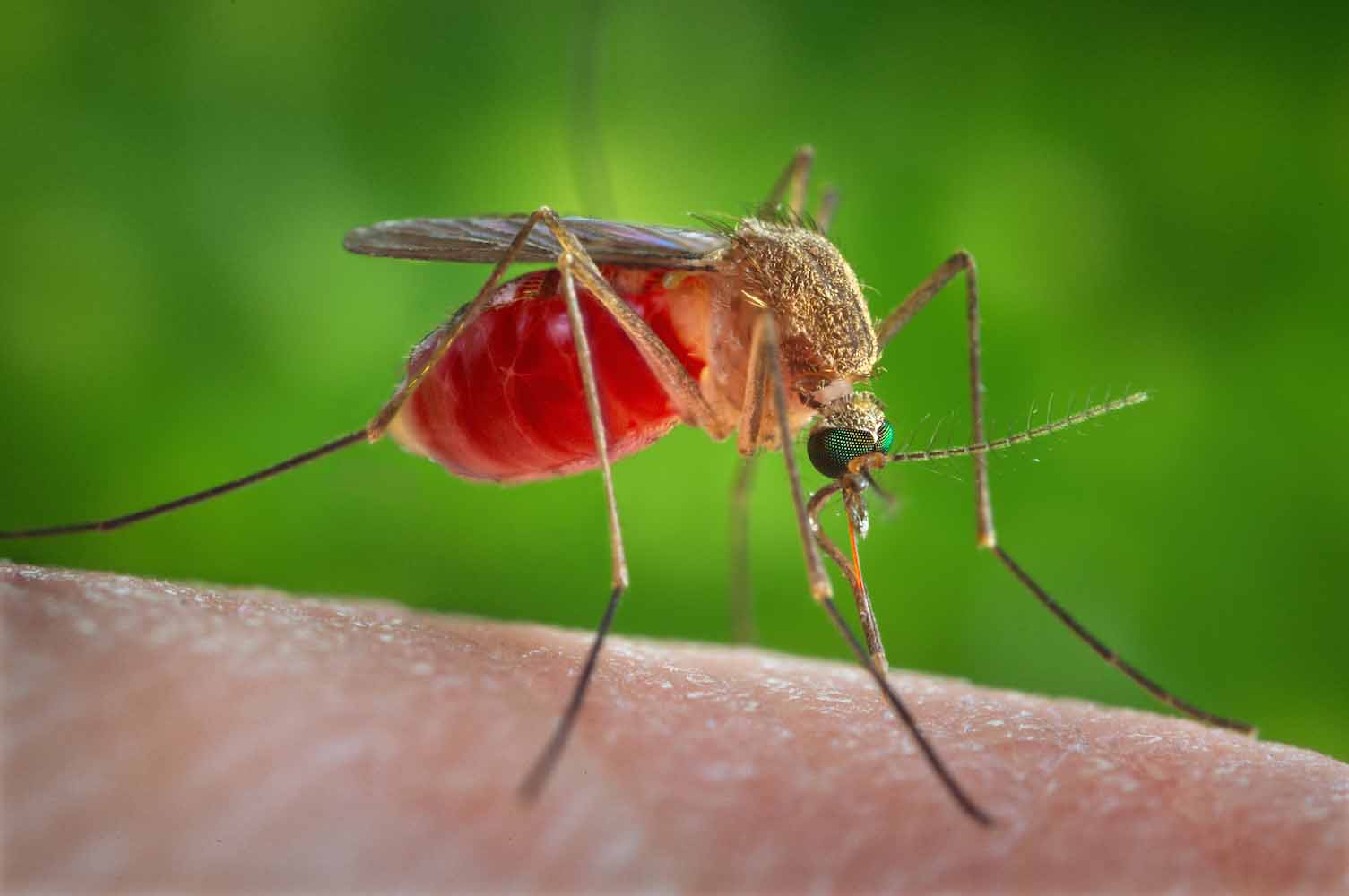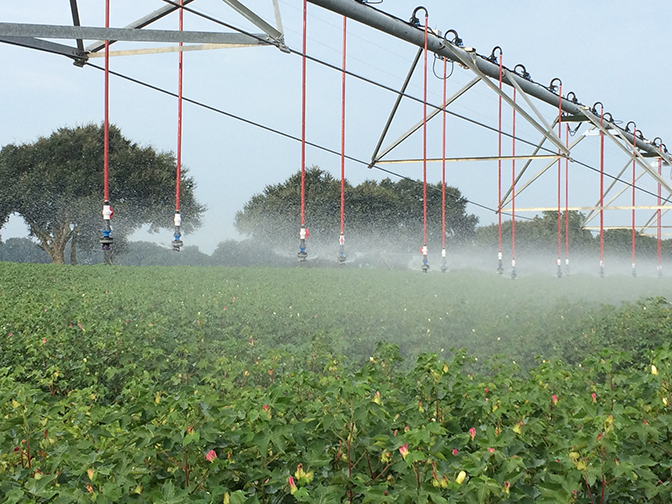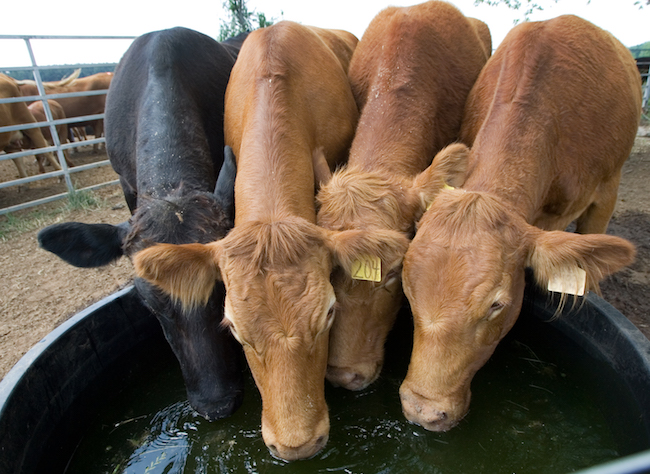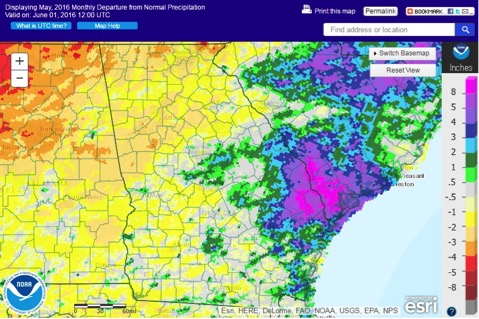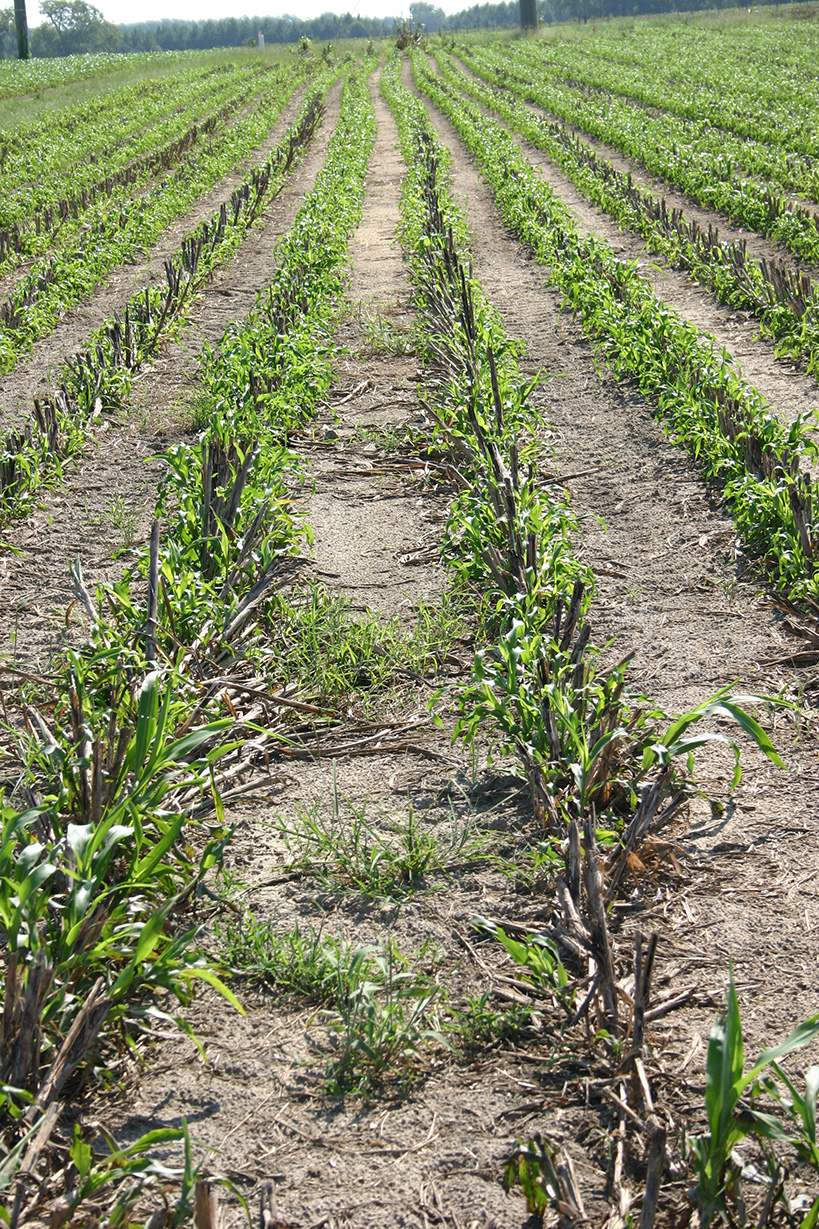 CAES News
CAES News
Forage Sorghum
With water use and rising expenses a concern, forage sorghum is a cheaper, more effective alternative for Georgia cattlemen feeding dairy cows, according to University of Georgia animal and dairy scientist John Bernard.

